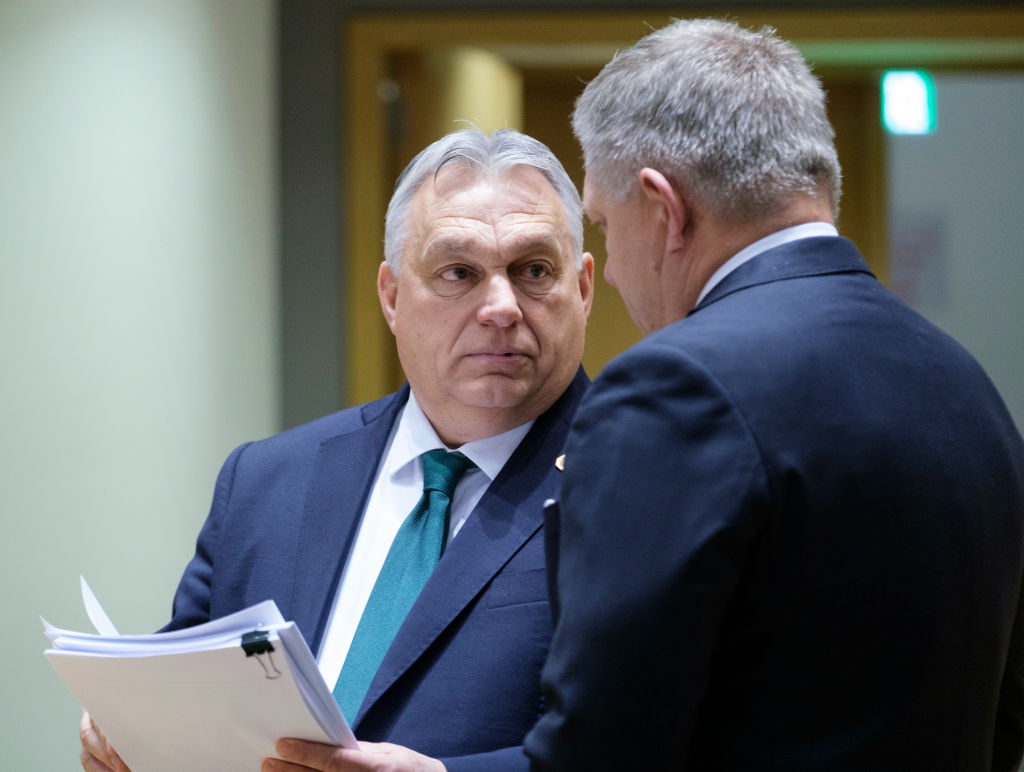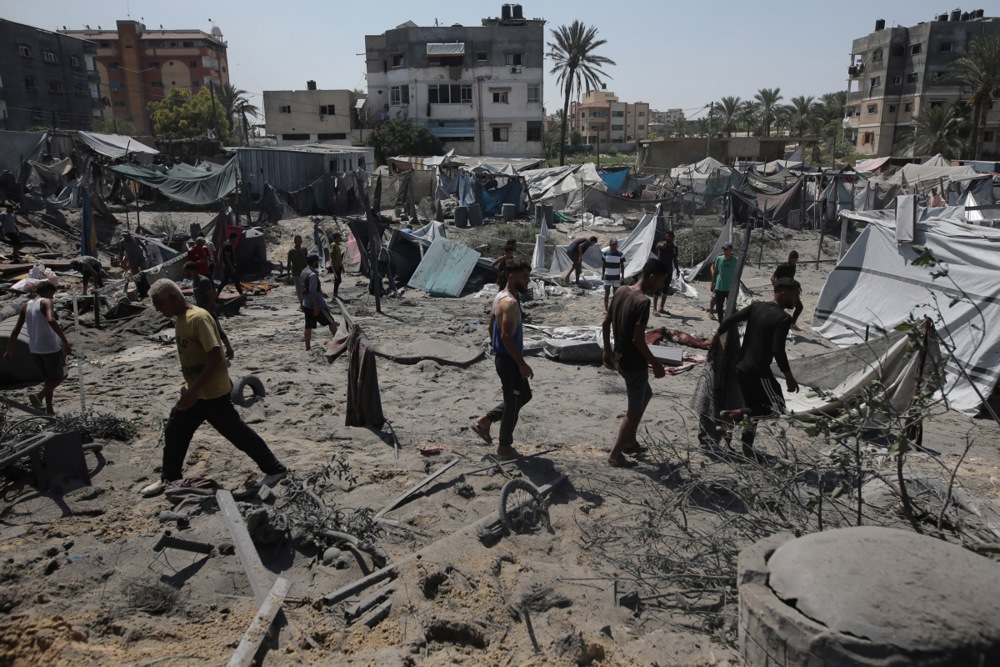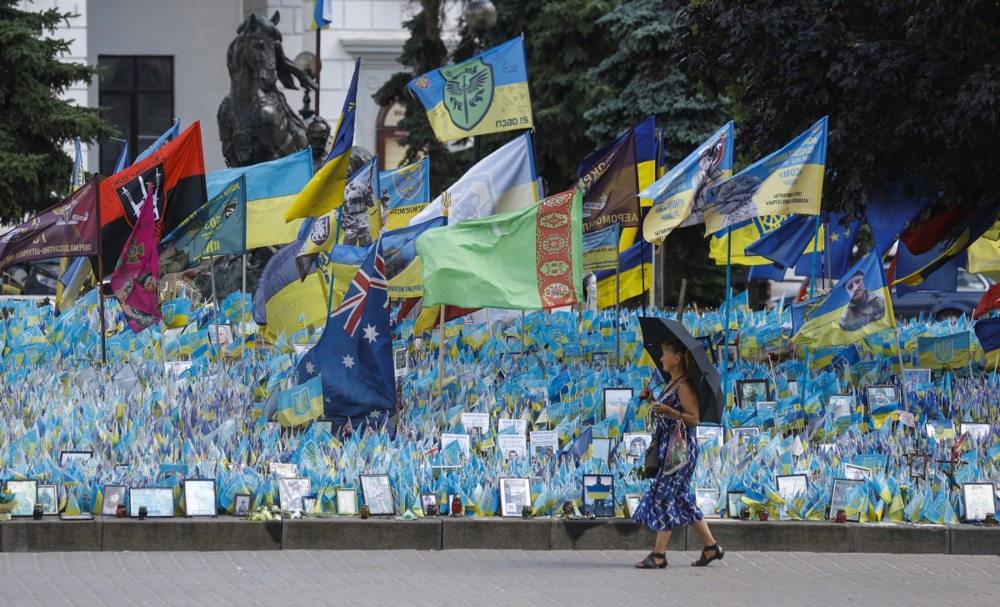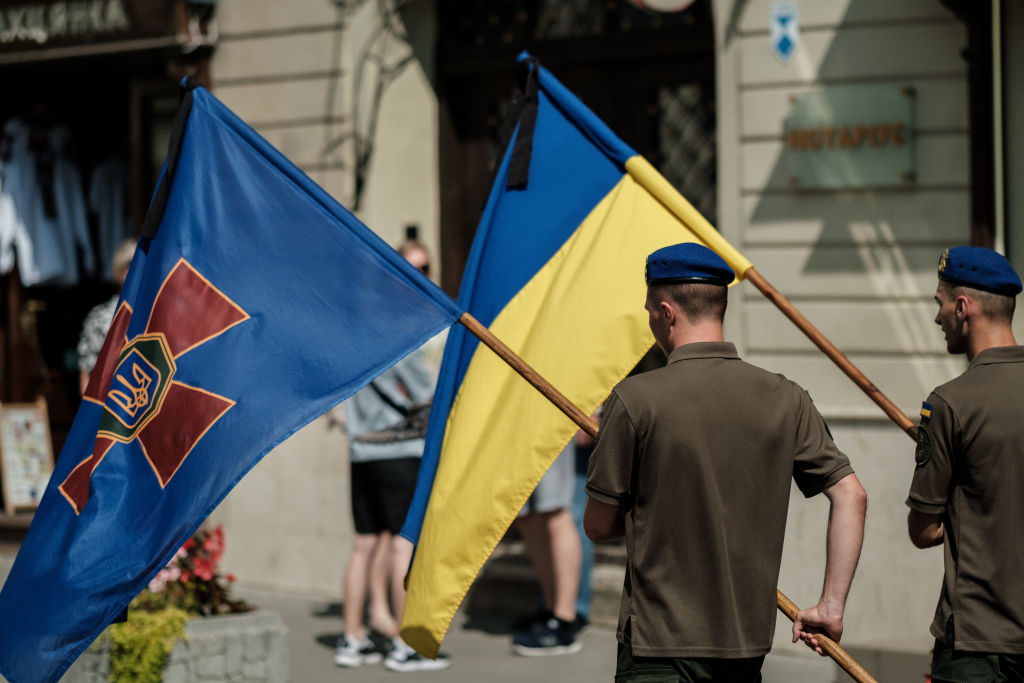Hungary has declared it will obstruct European Union reimbursements for Member States that have delivered munitions to Ukraine until Kyiv permits the transit of oil from Russia’s Lukoil through a pipeline across its territory.
This position was confirmed by the Hungarian foreign minister Péter Szijjártó on July 23.
Earlier in July, Slovakia and Hungary reported they had stopped receiving oil from Lukoil via the Druzhba pipeline after Ukraine imposed a ban on the transit of the Russian firm’s resources in June.
In response, Hungary’s energy ministry assembled a task force to tackle what it saaw as a supply security issue.
The team “reviewed the measures taken so far and potential future actions”, according to a ministry statement.
“As long as this matter remains unresolved by Ukraine, everyone should forget about the disbursement of the €6.5 billion from the European Peace Facility [EPF] for arms transfers,” said Szijjártó, aaccoring to Hungarian broadcaster ATV.

At the time of writing, Ukraine’s foreign ministry had not commented on the issue. Kyiv has admitted to blocking oil from Lukoil but insisted that overall flows through the pipeline, which also serves other suppliers, have not declined.
The Druzhba oil pipeline links Russia to former Eastern Bloc countries and has remained operational throughout the war with Ukraine.
Hungary’s dependence on the pipeline highlights the intricacies of European energy politics amid the ongoing conflict.
While the EU seeks to reduce Russian influence by severing energy ties, countries such as Hungary face significant obstacles in shifting to alternative sources.
This dependency has led to Hungary’s current stance, using its leverage within the EU to try to secure uninterrupted oil supplies amid broader geopolitical tensions.
On July 22, Hungary and Slovakia appealed to the European Commission to mediate a consultation procedure over the issue with Ukraine.
That could escalate to a court case if the EU executive body does not act within three days of the appeal.
The EPF, created in 2021, operates as a reimbursement scheme, compensating EU Member States for providing munitions to other countries.
In June, Kyiv imposed sanctions on Moscow oil firm Lukoil, preventing the company from shipping its product via the Druzhba Pipeline, which passes through Ukrainian territory.https://t.co/F3t0c2sZoO
— Brussels Signal (@brusselssignal) July 22, 2024





